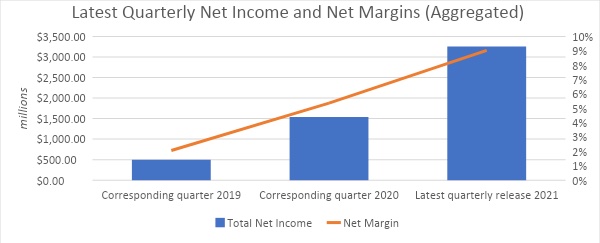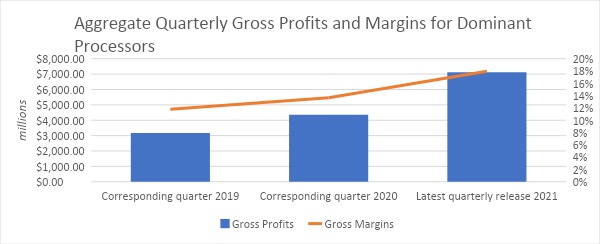Dog Fight
I haven't seen Power of the Dog.
I started to watch 1883, but I quit watching it as I couldn't get over the historic improbabilities. That's why there's no review of it here.
As to 1883, my interest in it started to wane when it showed one of the protagonist engaged in a relatively short range gun fight, after being ambushed, using a scoped rifle. Yes, there were scope rifles at the time, but they were exceedingly rare, quite delicate, and not really suitable for snap shooting.
But what really did it is when the Sam Elliot character is being recruited to lead a part of overland immigrants north from Texas.
In 1883, you could take the train. And why would you start from Texas in any event? You would not.
Indeed, railroads leased out freight cars to immigrants, so they could dump whatever implements they had in them, and ride with them.
Yes, cattle were being driven overland, and some immigrants still took the Oregon Trail that late, but trailing up from Texas?
Anyhow, 1883 was a big deal with some viewers as Yellowstone, which I also have not seen, is a big deal with some viewers. Sam Elliot reprised a role he's now typecast in as aged cowboy, with cowboy loosely defined.
Following that, Elliot was interviewed about the movie Power of the Dog, which I haven't seen and which I'm unlikely to.
More specifically, Elliot called the movie "a piece of shit". He further noted, "They’re running around in chaps and no shirts. There’s all these allusions of homosexuality throughout the movie.”
I've read the synopsis of the movie, which is billed as a "psychological Western", and it frankly reminds me a bit of Legends Of The Fall, which was an awful movie. Maybe Elliot is right, and it is a "piece of sh**". I have no idea, but I'm not going to bother with it.
But what I will note is that Elliot is right about shirtless riders. Wouldn't happen. Then, as now, cowboys cover up, even in hot months. You very rarely, at least up here, see a working cowhand wearing a short sleeve shirt. Television cowboys might work in t-shirts, but real ones don't.
Going further, in one of the photos from the film, the protagonist is wearing overalls. You won't see cowhands wearing those, either. That's strictly a farmer thing. They're not appropriate for riding, frankly.
As for his other comments, I'll leave them there, as I haven't seen the film.
The director, New Zealander Jane Campion, did react to Elliot, noting that he's not a real cowboy (true) and defended her work by stating:
The west is a mythic space and there’s a lot of room on the range. I think it’s a little bit sexist… I consider myself a creator and I think he sees me as a woman or something lesser first. And I don’t appreciate that.
As a Westerner (and a stockman) that's part of the problem The West is no more a "mythic space" than New Zealand is and ought not to be treated that way. Yes, it's been mythologized, and often badly, but that process is part of an instinctive way of preserving history. It happens, we'd note, in all cultures, on some topic.
Power of the Dog, I'd note, was written by one Thomas Savage, whom I'd describe as a minor novelist. But for this film, I've never heard of him, and I've never heard of any of his works. To some degree, it seems like his career was sort revived by Anne Proulx, which is interesting. Proulx gained a following as a regional novelist from the Northeast, but then briefly lived in Wyoming, during which time she produced Brokeback Mountain, which I also have not seen. Even when she lived in Wyoming, apparently Saratoga, she spent part of the year in Newfoundland. From here she went on to New Mexico, always a favorite haunt of artists, and is now in Washington state.
I note all of this because Proulx is prominent, or at least her one work is, in what might be regarded as an "anti-Western", which Power Of The Dog seems to be as well, perhaps. That is, the authors of these works, in some ways, take Western themes and seek to turn them on their head. In Savage's case, it seems he had an early exposure to ranching as a youth and young man, but never took to it, and then as a writer used it as a setting of criticism, with the dysfunctional family being the primary topic.
This stands out, I think, from works by authors like Larry McMurtry. McMurtry wrote some very gritty novels, but they're quite true to life. McMurtry also grew up on a ranch, in Texas, and while, like most novelist, his themes exaggerate, they're also fairly accurate as a rule. His book Horseman, Pass By, is probably the best book written set in a modern setting, with its descriptions being incredibly true to life.
Less so, but still notable, are those of Cormac McCarthy, who tends to write things set in Texas, and has spent much of his life there, but who is from Rhode Island originally, showing that a person doesn't have to be from a place from infancy in order to pick up the feel of a place.
I guess what this gets to is three things, one is historical accuracy, a second is love of place, and the third is love of subject. In order to produce a really outstanding work, written or filmed, all three have to be there.
Now, I may be going further than I should on some of these works, as I haven't seen them all, but that's lacking, it seems to me, on some of these, and perhaps on the two ones that started this dog fight. I know that people have been fawning over 1883, but frankly it just fails in the first category at least. I think people love it as they love sappy dramas and from what I can pick up about it, without watching it, that's what Yellowstone is. People love Yellowstone, so they love 1883. Beyond that, some people love Sam Elliot and will watch anything he's in, and others love Faith Hill and Tim McGraw, and finally some viewers, while they won't put it this way, find Isabel May hopelessly hot. None of that makes the film great, or even good. Nor does just simply taking Western stereotypes, which at least to some degree are stereotypes as they're based on reality, and turning them on their head. That can be done, to be sure, but just to do it, just does that, and not much else.






